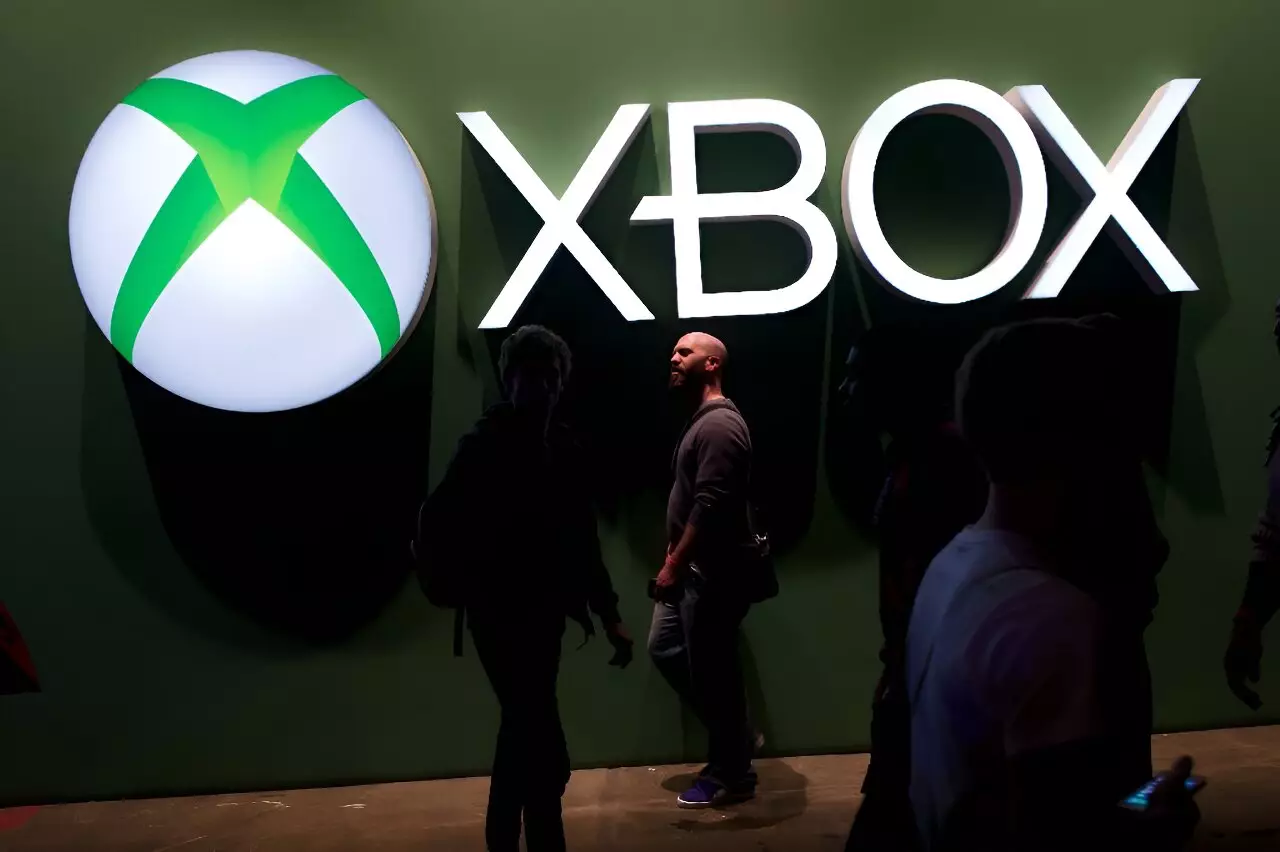The gaming industry, known for its rapid innovations and immense financial stakes, is currently experiencing significant turbulence. In a notable move, Microsoft announced the reduction of around 650 positions within its gaming division, following its substantial $69 billion acquisition of Activision Blizzard, the renowned maker of “Call of Duty.” This decision, aimed at consolidating resources and streamlining operations, reflects a broader trend of corporate reevaluation in the gaming sector as companies navigate a landscape that demands both fiscal prudence and creative growth.
Phil Spencer, the head of Microsoft Gaming, described the layoffs as necessary to “organize our business for long-term success,” indicating a strategy focused on aligning resources with future opportunities. However, the announcement triggered disappointment and concern among employees, especially in light of sentiments shared by labor organizations such as the Communications Workers of America (CWA). The union’s representative highlighted that such layoffs, seen as “heartless,” have become distressingly common.
Contrary to fears of operational closures or product discontinuations, Spencer reiterated that no studios are being shut down, and no games are being canceled as part of the restructuring process. While this assurance may provide some comfort, the reality remains that the gaming industry is grappling with significant workforce reductions. For instance, Sony Interactive Entertainment’s recent layoff of 220 employees at its subsidiary Bungie paints a grim picture of an industry in flux. Such actions are indicative of a broader cycle of downsizing, prompted by the need for a “sustainable cost structure” amid the intense competition for market share.
This phenomenon extends beyond just major corporations. The video game sector is part of a larger trend observed within the tech industry, which faced a staggering loss of 260,000 jobs last year. As of this year, the loss has grown further, with over 136,000 layoffs recorded across 435 tech firms. These figures illuminate the precarious nature of the industry and raise critical questions regarding the future of job security within gaming and technology.
As Microsoft’s hefty acquisition sparked an industry-wide reevaluation, it has also deepened the scrutiny over employment practices within the sector. The delicate balance between maintaining operational efficiency and nurturing employee welfare is pressing. With leading firms like Microsoft and Sony posting substantial layoffs, there is a growing concern regarding the human consequences of strategic business maneuvers.
While Spencer emphasized alignment on growth opportunities post-acquisition, stakeholders must consider the long-term ramifications of such workforce reductions. The paradigm of triumphant entrepreneurial ventures could lead to a more isolated perception of success in an industry built on collaboration and creativity. As job losses become an unavoidable component of industry adjustments, the gaming community must call for transparency and accountability in how businesses manage their human resources.
The gaming sector stands at a crossroads, facing both extraordinary challenges and remarkable opportunities. As large corporations like Microsoft navigate the waters of post-acquisition restructuring, the ripple effects on job security and industry dynamics will be closely watched. The evolution of this landscape will undoubtedly shape the future of gaming for creators and consumers alike.


Leave a Reply